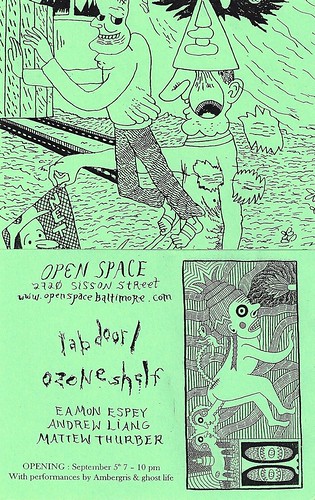

Showtimes: Saturday, September 26 at Noon. Monday, September 28 at 7 pm Thursday, October 1 at 9 pm
1925 Dir. Rupert Julian. Lon Chaney, Mary Philbin, Norman Kerry, Gibson Gowland. 93m. bw. SIlent with music track. |
...The Phantom is invested by the intense and inventive Lon Chaney with a horror and poignancy that is almost entirely created with body language. More of his face is covered than in modern versions (a little gauze curtain flutters in front of his mouth), but look at the way his hand moves as he gestures toward the coffin as the titles announce "That is where I sleep." It is a languorous movement that conveys great weary sadness. The Phantom's unmasking was one of the most famous moments in silent film. He is seated at his organ. "Now, when he is intent on the music," Sandburg wrote, "she comes closer, closer, her fingers steal towards the ribbon that fastens the mask. Her fingers give one final twitch -- and there you are!" There you are, all right, as Chaney, "the Man of 1,000 Faces" and a master of makeup, unveils a defacement more grotesque than in any later version, his mouth a gaping cavern, his nose a void, his eyes widely staring: "Feast your eyes, glut your soul, on my accursed ugliness!" (Roger Ebert)
|

_NRFPT_02.jpg)



















